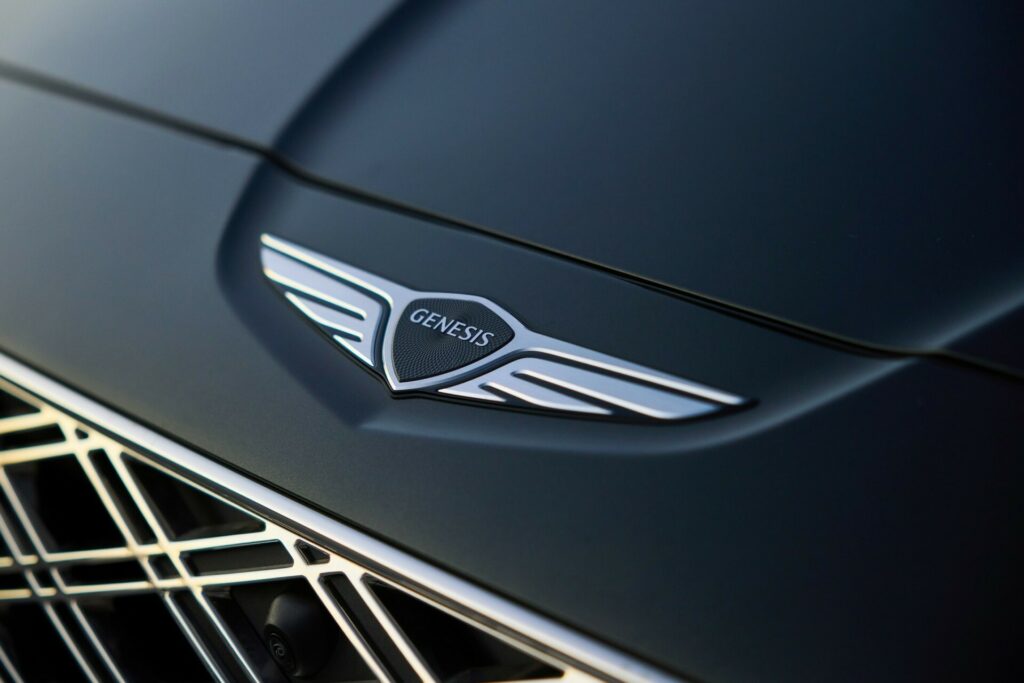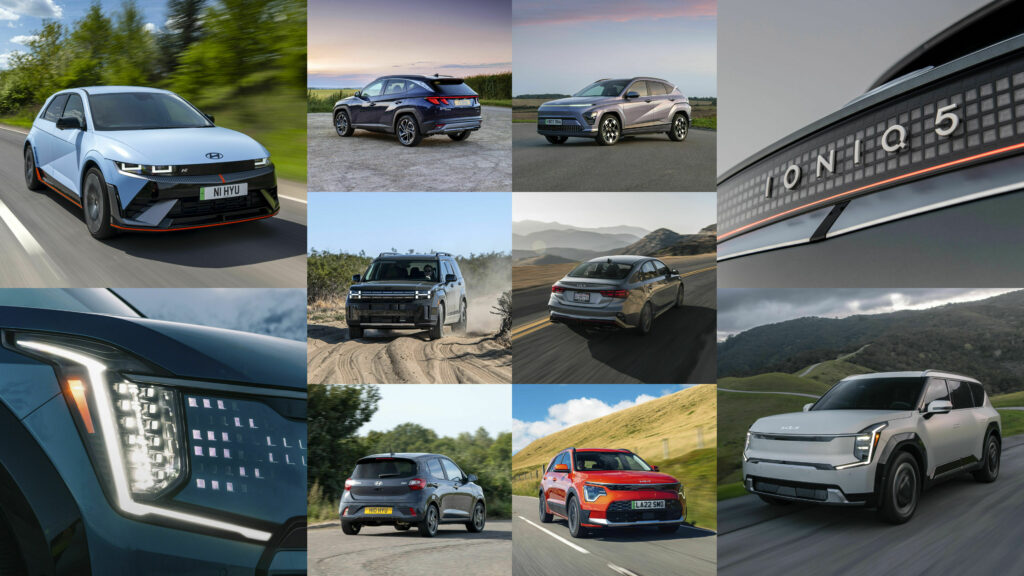- During the 2024 CEO Investor Day, Hyundai announced its new strategy.
- The automaker will expand its hybrid lineup from 7 to 14 models.
- Hyundai will introduce EREVs as a way of dealing with the slowdown in EV demand.
Hyundai detailed its future strategy at the 2024 CEO Investor Day, including doubling its hybrid lineup and introducing extended-range EVs — which employ a compact gasoline engine to charge the battery during operation, countering the global dip in EV demand. While Hyundai didn’t revise its EV sales targets ,the company remains dedicated to launching a series of new electric vehicles in the coming years.
According to the “Hyundai Way” plan, the automaker wants to grow its overall sales from 4.21 million units in 2023, to as much as 5.55 million units by 2030. This number includes a targeted 2 million EV sales, helped by the launch of 21 fully electric models by the end of the decade, ranging from affordable offerings to luxury and high-performance models.
More: Hyundai To Embrace Radiant Heating To Increase EV Range
Despite not following the example of rival automakers that backed down from their earlier EV sales targets, Hyundai recognizes the “recent slowdown in EV demand”. As a response to this trend, they will roll out EREV models.
The range-extender (EREV) powertrain includes a battery pack, electric drive motors, and a small combustion engine serving as a power generator. Hyundai says that its EREVs will offer more than 900 km (560 miles) of range, reducing their dependency on the charging network compared to EVs. At the same time, EREVs will be more affordable than EVs, as they will use batteries with a smaller capacity.

The EREV rollout in North America will start with midsize SUVs from Hyundai and Genesis.
The automaker wants to sell over 80,000 EREVs in North America starting with midsize SUVs from Hyundai and Genesis, and another 30,000 EREVs in China focusing on the compact segment. Their mass production is scheduled to start in North America and China by the end of 2026, with sales expected to commence in 2027. Depending on the market conditions, Hyundai will consider a further expansion.
More Hybrids For North America
Hyundai also announced it will double its hybrid lineup from 7 to 14 models, covering a wider spectrum of segments with the help of Genesis. As an answer to the anticipated growing demand for hybrids in North America, Hyundai will manufacture them at its Georgia plant, next to the fully electric Ioniq 5 and and the upcoming Ioniq 9 SUV flagship.
The target is to produce 690,000 hybrids in North America by 2030, in addition to those for other markets like Korea and Europe. Hyundai anticipates its global hybrid sales to reach 1.33 million units by 2028, an increase of over 40 percent compared to its previous plan.
Starting from January 2025, the automaker will introduce the next-generation TMED-II hybrid system in production models. The upgraded system is said to offer improved performance and greater fuel efficiency compared to its predecessor. It will also benefit from EV technologies such as smart regenerative braking and V2L charging.
Cheaper Batteries, Next-Gen Infotainment And Autonomous Tech
In order to support the future EV rollout, Hyundai invests in different battery technologies. By 2030, it wants to use the performance-based NCM (nickel-cobalt-manganese) battery packs, low-cost LFP (lithium-iron-phosphate) batteries, and a new kind of affordable NCM batteries developed for volume models. Hyundai anticipates a 20 percent enhancement in battery performance by 2030 thanks to greater energy density.
As part of the “Hyundai Way” strategy, the company plans to continue its software-centric transition, with the development of SDVs (Software-Defined Vehicles) – including an SDV Pace Car set to arrive on the second half of 2026 – and new “mobility businesses” utilizing AI and enhancing cybersecurity.

In a similar context, Hyundai is working on a new Digital Cockpit and a next-gen infotainment system based on the Android Automotive Operating System. The latter will be applied to mass-produced vehicles starting from the first half of 2026.
Last but not least, Hyundai disclosed plans of launching a “foundry business that will sell autonomous vehicles to various global autonomous driving software technology companies”. The goal is to reach Level 4 or higher autonomous driving capabilities, and becoming a technology supplier.
More: Genesis Plotting G90-Sized Magma Concept
During the Investor Day, Jaehoon Chang, President and CEO of Hyundai Motor Company, said that the new “Hyundai Way” strategy will help “secure sustainable leadership in an uncertain market environment and strategically position the company to create a future centered on mobility and energy”.
The Korean automaker also announced a new share buyback scheme of up to KRW 4 trillion ($3 billion) between 2025 and 2027. The news caused Hyundai shares to increase by up to 5.5 percent, closing up 4.7 percent on Wednesday trading in Seoul.













